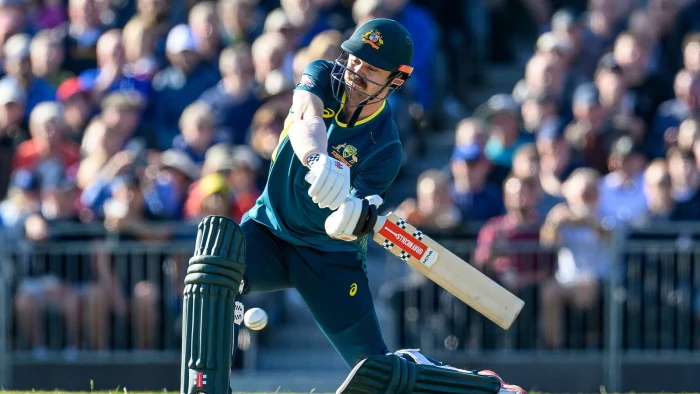Shut out the noise...the second Ashes Test at Lord's was one of Australia's greatest wins

Australia's Josh Hazlewood celebrates the wicket of England's Ben Stokes
Dave Tickner says that if you shut out all the noise around Jonny Bairstow's dismissal for a moment and zoom out to the bigger picture, the result at Lord's was one of Australia's greatest wins.
It's certainly going to be strange in the third Ashes clash at Headingley when, for the first time in 101 Tests, an Australia XI takes the field without him.
Second, it might galvanise England. The Jonny Bairstow stumping certainly provoked Ben Stokes into Headingley mode, turning a 126-ball 62 not out into a 142-ball century in the space of five exhilarating overs that also featured Stuart Broad at his most theatrical, as he cartoonishly and pointedly and repeatedly made sure he was in his ground after every delivery.
Ultimately, Stokes was forced into miracle mode too early this time and came up short. But there really are few sporting stars like him. Few are capable of just flicking this switch inside themselves at the very biggest moments.
But the road is now a long one. As is the road back to day one to begin describing this absolute cartoon of a Test match. It boggles the mind to think that Jonny Bairstow physically carrying a Just Stop Oil protestor from the field is something that happened five days ago given several decades seem to have passed since that astonishing moment kicked off one of the wildest Tests of recent times.
READ MORE: Brad Hogg thinks Australia should have called Jonny Bairstow back after controversial dismissal
Most important of all, the general approach remains the best one for this particular group of England players.






